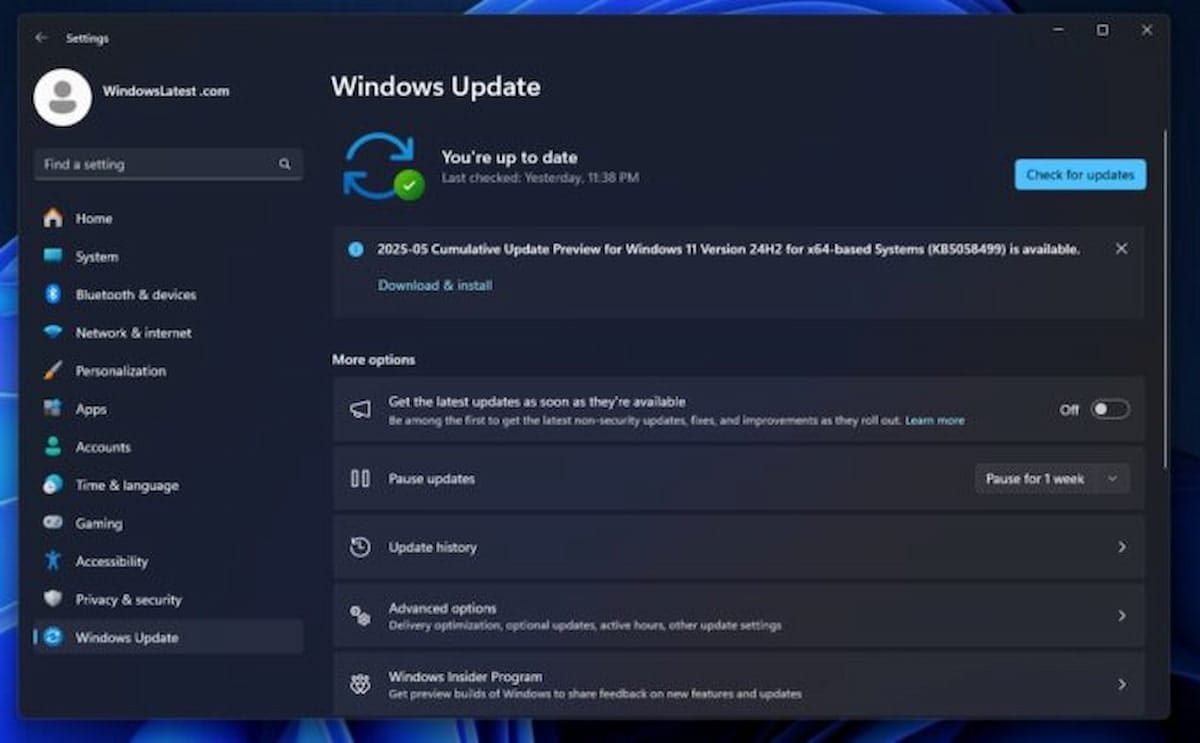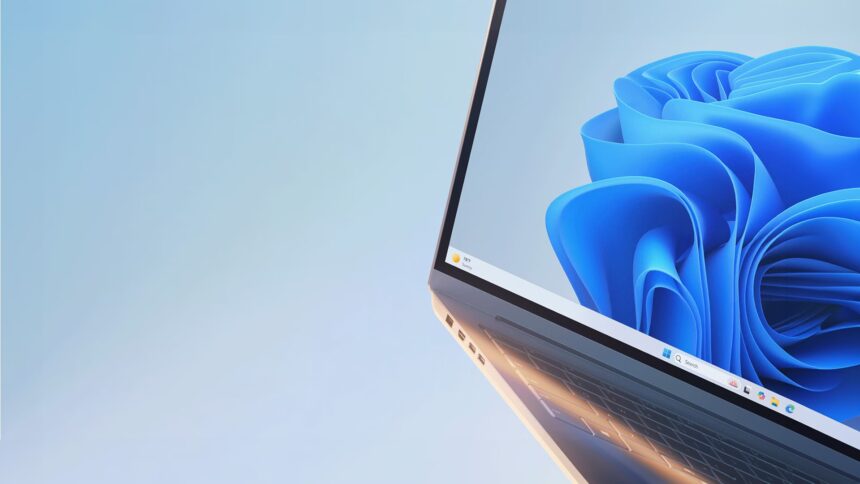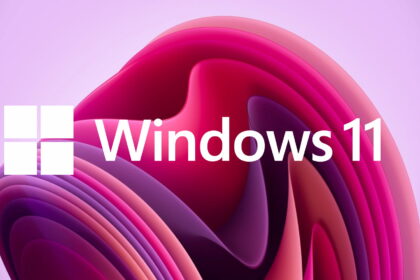Microsoft regularly rolls out updates for Windows 11 aimed at fixing bugs and fine-tuning the system to keep things running smoothly. Ironically, though, some of these patches occasionally introduce new issues instead of solving them.
That’s exactly what happened recently with the release of Windows 11 24H2. After installing the update, a number of users began noticing significant drops in performance while playing games—lag, stutters, and overall a frustrating experience for gamers.
Thankfully, Microsoft didn’t take long to respond. The company is now releasing a fix in the form of an update KB5058499, which directly addresses the gaming-related performance issues caused by the earlier patch.
If you’ve been dealing with lag or performance hiccups after updating to 24H2, installing this new patch should help get things back on track.
Microsoft Confirms Fix for Gaming Issues in Windows 11 24H2 Update

As many Windows 11 users found out the hard way, updating to version 24H2 brought some frustrating issues, especially for gamers. After the update, a number of people began noticing serious problems during gameplay, including heavy GPU memory loss and titles freezing or crashing completely.
Initially, the blame seemed to fall on Nvidia, with many suspecting their drivers were behind the trouble. Nvidia even rolled out new GeForce driver updates in an attempt to fix the issue, but the problems stuck around. It wasn’t until Microsoft released the KB5058499 patch that things finally improved, making it clear the issue wasn’t with Nvidia after all.
In the official support notes for update KB5058499, Microsoft confirmed that the patch includes fixes for issues that caused games to stop responding or fail to launch correctly. While the company didn’t go into deep technical detail, it appears the root of the problem was tied to how Windows communicated with the graphics card.
Specifically, the fix addresses a problem in the Graphics Kernel, which is a core component of the system responsible for managing visual rendering. After updating to 24H2, something in this layer broke the way the system interacted with the GPU, causing the widespread performance issues.
Windows 11 24H2 Patch Fixes Broader Game Performance Issues

While the GPU communication bug was the headline-grabber, it wasn’t the only issue plaguing gamers after upgrading to Windows 11 version 24H2. Users have been reporting a variety of frustrating glitches—some of which went well beyond just choppy graphics.
According to findings shared by Windows Latest, one of the standout problems came from the Input Service. After the update, this service began consuming an unusually high amount of RAM, which led to noticeable delays when using a keyboard, mouse, or even touch gestures during gameplay. It didn’t take long for users to realize something was clearly off.
On top of that, some games were crashing outright or triggering the dreaded blue screen of death (BSOD). In many cases, players were forced to hard reset their PCs, completely halting their gaming sessions. Others noticed their systems struggled with basic memory management, further dragging down overall performance.
All of these problems started appearing right after users installed the 24H2 update, leading to a growing pile of complaints about the system’s overall stability during gaming.
Thankfully, Microsoft has begun rolling out a fix through the KB5058499 update. This patch not only resolves the graphics kernel issue, but also appears to address the input lag, memory usage bugs, and other behind-the-scenes problems that made gaming on Windows 11 frustrating for many.
With this update now in distribution, most of these problems should be behind us—restoring both the smooth gameplay and system stability that users expect from Windows.











